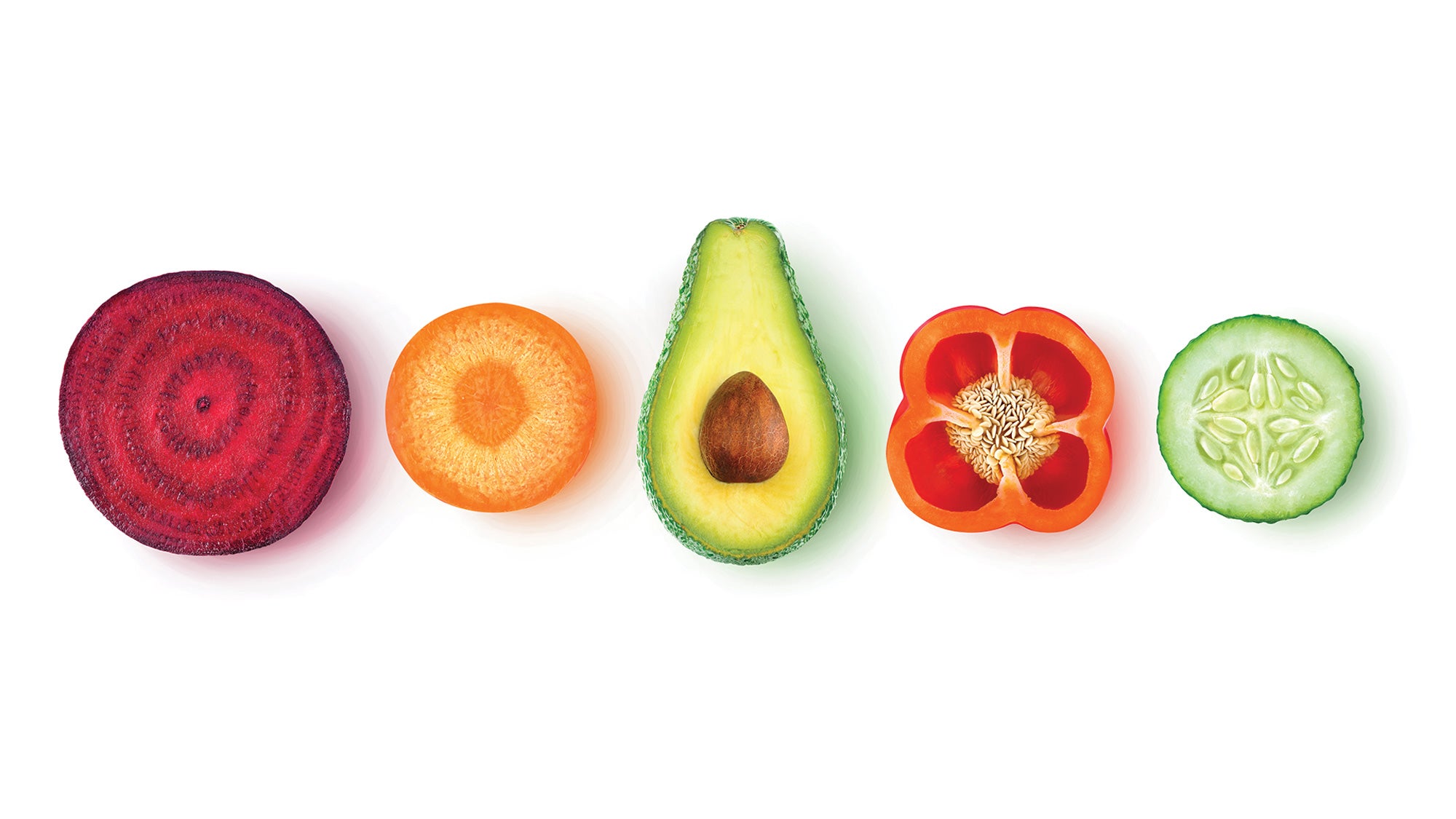Less (Meat) Is More

Scientists have long known that consuming fewer calories benefits health and longevity, but a recent review of published studies suggests that restricting certain protein-rich foods could slow the aging process and prevent chronic diseases without calorie-cutting. Researchers at the Penn State College of Medicine have determined that a reduction in dietary sulfur amino acids (SAAs), namely methionine and cysteine, resulted in beneficial effects such as lower body weight, less oxidative stress, increased insulin sensitivity and fewer cancerous tumors.
LIFE EXTENDERS: In one animal study, an 80% reduction in methionine increased the average and maximum life span of rats by between 42 and 44%.
DIETARY SOURCES: SAAs are found in foods containing protein such as beef, poultry, eggs and nuts like almonds and peanuts, so reducing them can be difficult. The review notes that most vegan diets are low in methionine and cysteine, and beans and other legumes are a good source of protein with low amounts of these amino acids. Low-sulfur fruits and veggies include avocados, carrots, cucumbers, mushrooms and collards.
LOOKING AHEAD: While the studies to date have been in animals, the study authors believe the findings could translate to humans. The first controlled human study is underway – a big step in determining if less meat and more plants is the key to best health.